We continue to receive the support of federal, state and territory, and local governments for our work in Australia and overseas, and work as auxiliary to government when contracted to deliver humanitarian services. We are mindful that this is a time of great change for not-for-profit organisations, with government funding becoming scarcer while our sector grows more competitive. We are working to diversify our sources of funding and increase the sustainability of our financial base so that our vital work can continue into the future.
This year we worked closely with the Department of Foreign Affairs and Trade (DFAT) on the design and development of a new four-year partnership agreement to support our international programs, as well as receiving DFAT support for our Cyclone Pam (Vanuatu) Appeal and Nepal Region Earthquake Appeal. The Department of Prime Minister and Cabinet supported our continuing work with remote Aboriginal and Torres Strait Islander communities, particularly in the Northern Territory and Queensland, while we were able to significantly expand our learner driver mentoring program for disadvantaged Indigenous people in New South Wales through a successful funding bid to the NSW Government. The Department of Social Services also recognised our important work in supporting people affected by trafficking by providing a further three-year funding agreement, to take effect from 1 July 2015.
Over the last 12 months we have continued to strategically influence government policy and promote humanitarian values. In keeping with our unique role as auxiliary to government in the humanitarian field, these engagements with governments often remain confidential. One way in which we publicly engage governments is through our Parliamentary Friends of Australian Red Cross group, which held two events at Parliament House this year to better inform our parliamentary friends about the work we do and its importance. Our Parliament House seminar, ‘The Frontlines of Humanitarian Aid’, was attended by more than 160 members of parliament, senators, government officials and members of the public.
